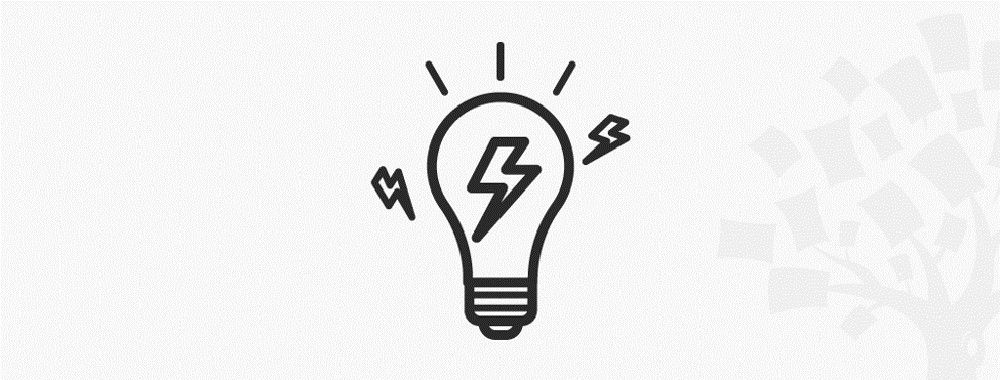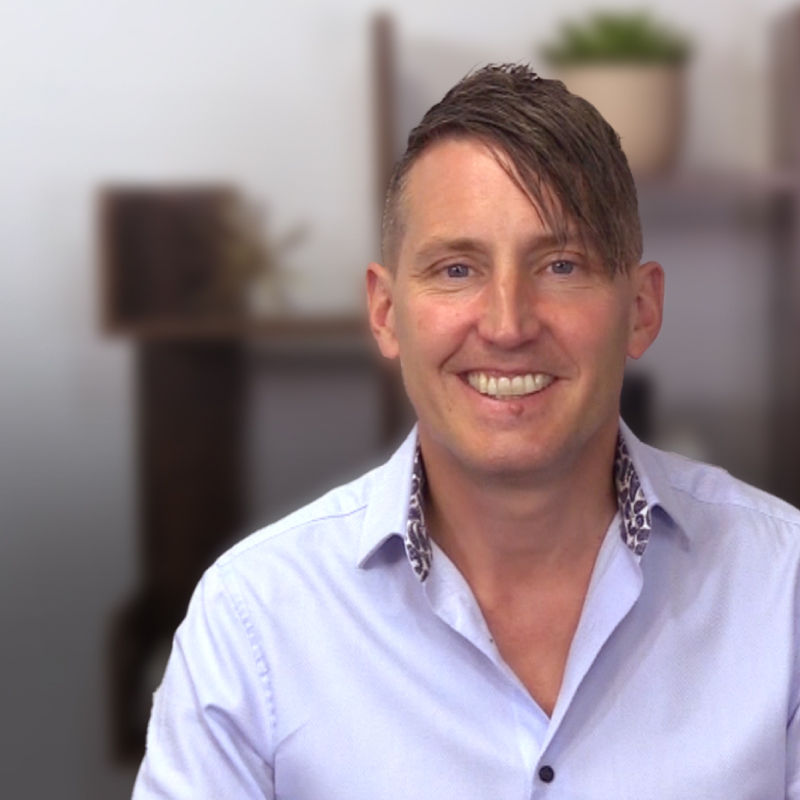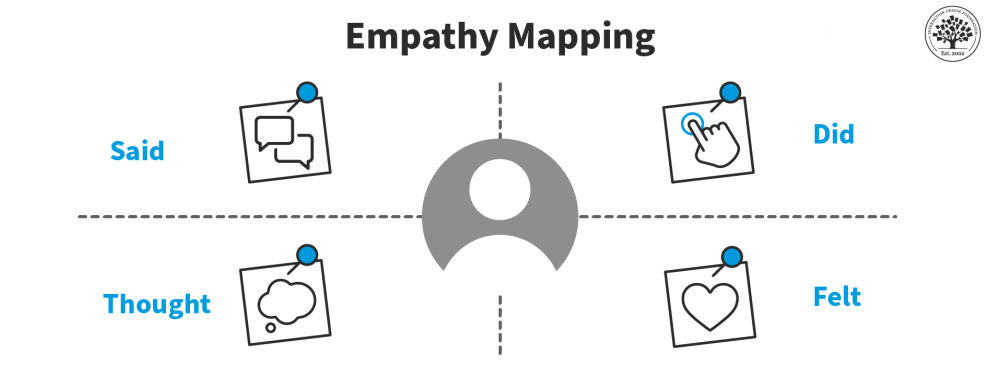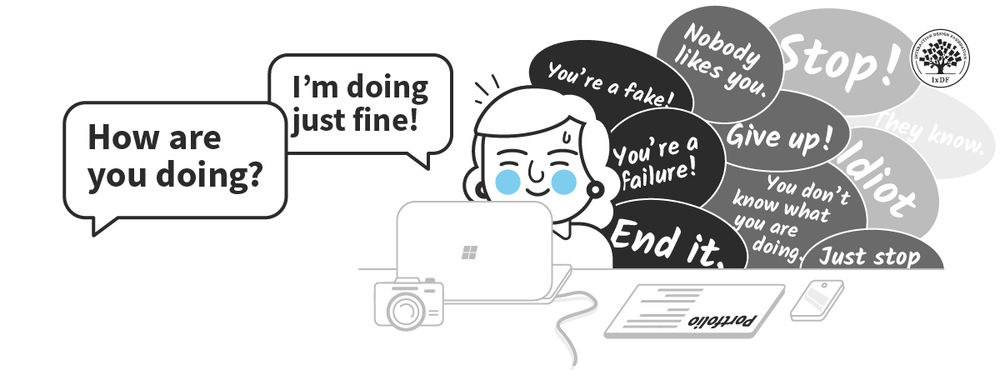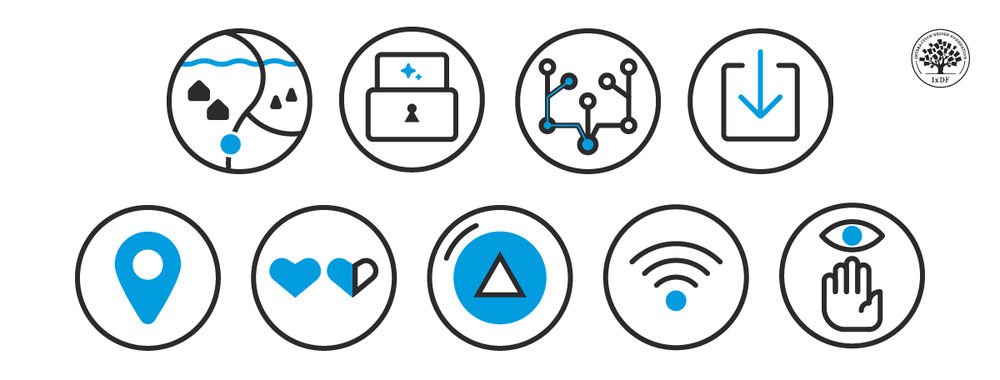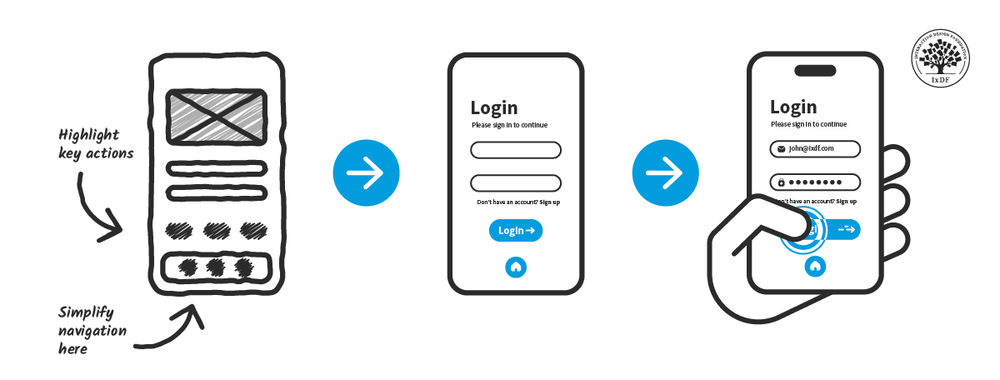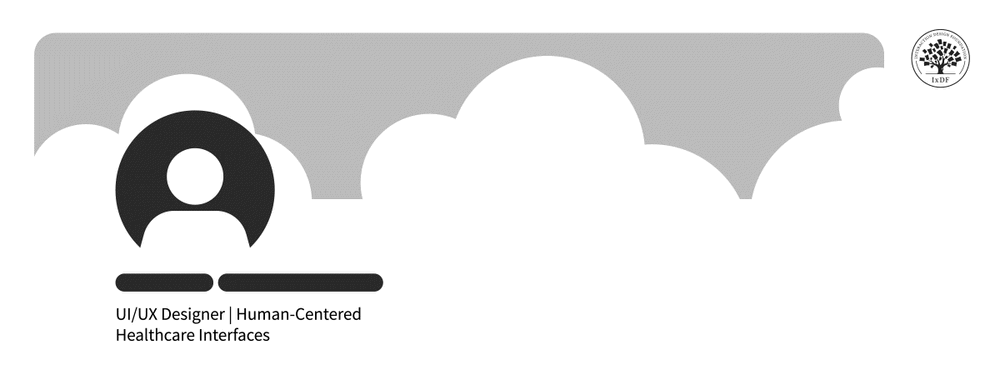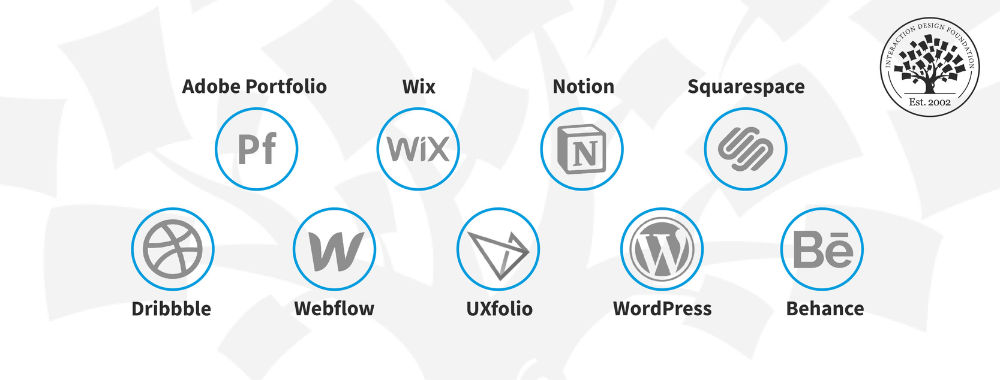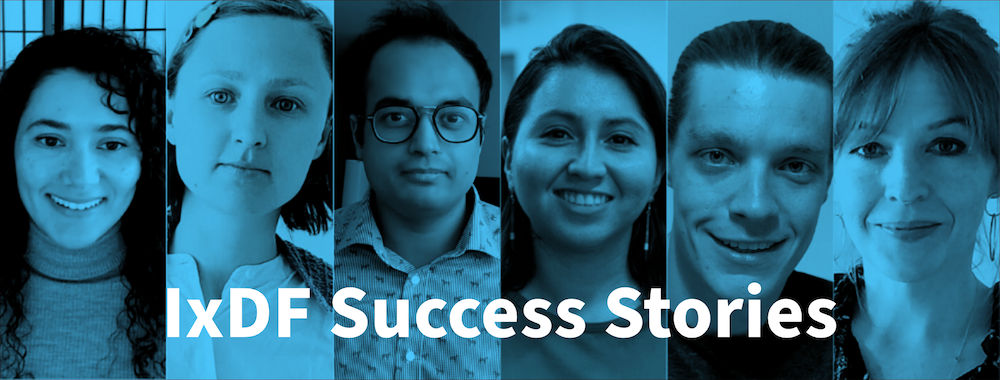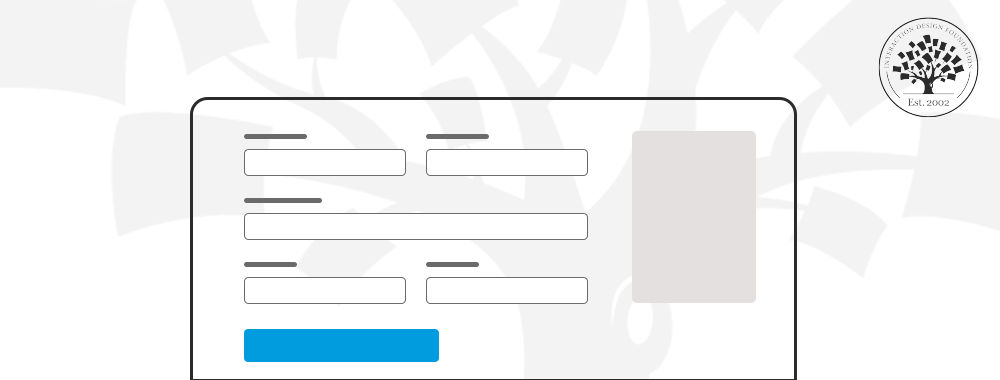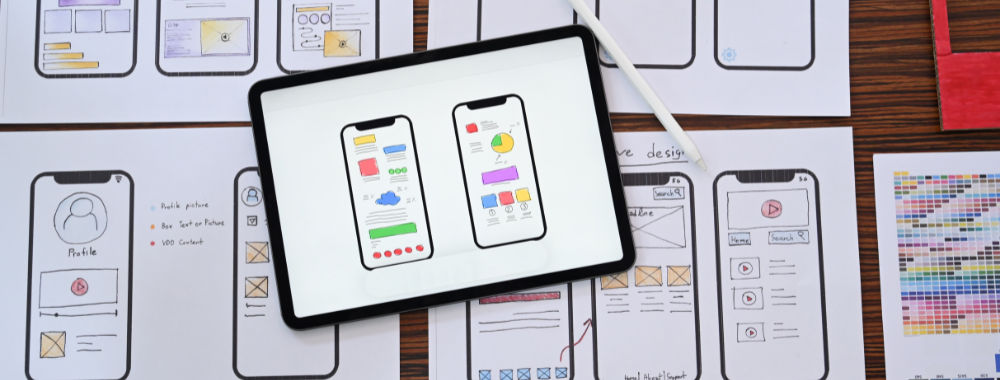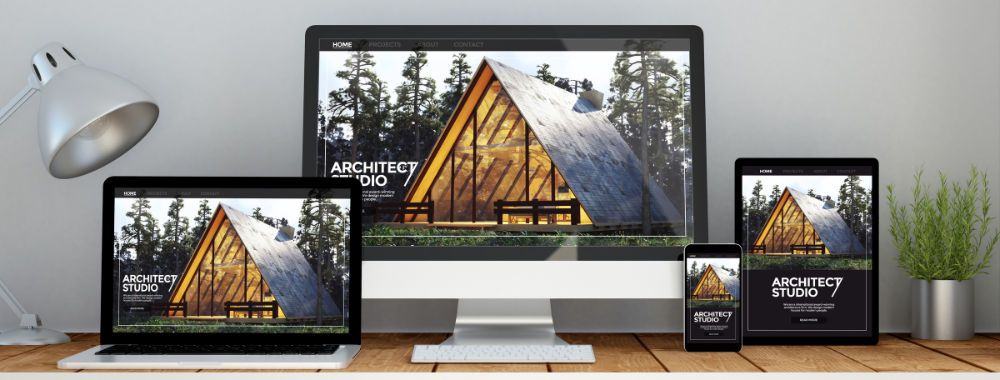Do you ever find yourself apologizing for an aspect of your personality, such as "if only I were more tidy" or "if only I were better at time management"? You often treat yourself in ways you would never treat your users―or anyone else for that matter. For your users, you try to design something which matches their needs and what they’re capable of doing. You should do the same for yourself. In this video, you’ll learn how to succeed and reach your goals given who you are instead of trying to change who you are. You’ll learn to leverage and build on what you are and can already do. And you’ll learn to build a new personality prosthesis which will allow you to do something that you wouldn’t have believed you could do. A personality prosthesis takes you as you are and works with that, providing what's missing.
Download this Template to Better Understand Your Personal Competences in the Competence Mapping Exercise
Most of us are not fully aware of our personal competences and strengths and how we can use them to our advantage. You can use our competence mapping exercise to get a clearer picture of your existing competences and discover personal strengths you didn’t know you had. These insights will help you leverage and build on what you are and can already do, and you’ll be able to identify which creativity methods can take you that one step further by boosting your existing competences.
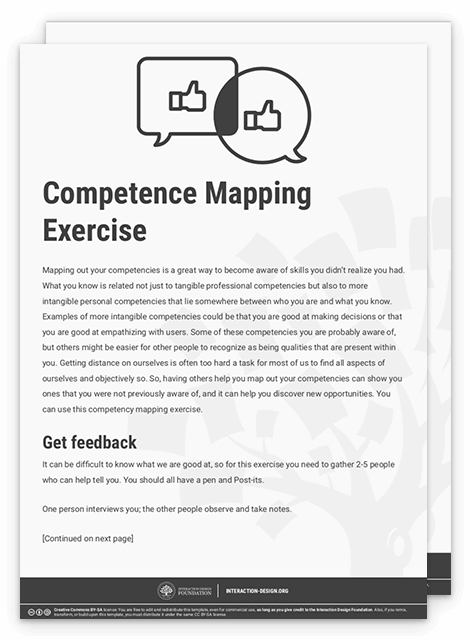

Did you download the template? Did you read it? Yes. In that case, you’re ready to read the following: When you’ve read―and completed―the exercise as we’ve described in the template, you could also turn that exercise upside down. You could look for your weaknesses, and this would allow you to identify in which areas you should start building personal prostheses. Which creativity methods could indeed allow you to do something which you currently can’t do?
In the upside down competence mapping exercise, you should do the following: When you are interviewed, think of a story where you experienced that something went wrong: some smaller or larger project that you felt was not a success (at work, your studies, as an entrepreneur, etc.). Tell the others very concretely what happened and what you did. What exactly did you do? Why did you not solve the problem?
References and Where to Learn More
You can learn more about how to take advantage of your personality when working with creativity and innovation in our piece on how to discover your personal strengths:
The Basic Principles of Effectuation―How to Use What You Already Have to Become More Innovative
